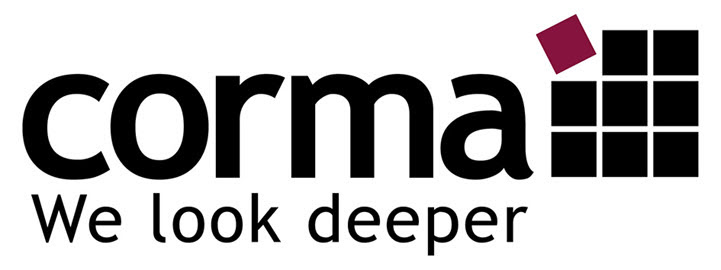Basis for online monitoring: Creatively find and optimize keywords for Google
In the previous articles, the importance of the right keywords for an effective search via Google came up often. The success of an Internet search depends on the selection of the appropriate keywords, which is why I would like to dedicate today’s contribution to the collection of the relevant keywords.
It’s about optimal keyword research.
If you work with a comprehensive keyword list, this will automatically affect the quality of your results. With your search, you may want to find as many articles or posts as possible about yourself. In this way, you get a realistic picture of your image on the internet.
Furthermore, in this way, the chances will increase of opening up new sources of involving these media in the monitoring process. So it’s worth investing a little more time in the question of the appropriate keyword, in SEO tools for keyword research and search volume.
How can I find suitable terms? Step by step guide to keyword research.
Step 1: Brainstorming
In the first step, you should consider which synonyms and similar terms exist for a keyword.
For example, if you want to optimize your website for the keyword “car,” then you should write down terms such as a car, vehicle, or driving. All of these keywords are also entered by users later on Google. Therefore they should be on the website or blog.
You can also ask a colleague for some support. Together you come up with several relevant search terms.
Step 2: Research with Google SEO Tools
Once you have worked out a list of interesting keywords in this way, you need to put it through its paces. Ask yourself the following questions:
- Did you capture all spellings?
- Are there abbreviations or a full name?
- Do you find any synonyms?
- Are there similar terms (taxonomy)?
These questions will help you to expand keyword lists even without a tool significantly. Also, not every keyword research tool is equally useful. Occasionally, despite professional analysis, not all search terms can be recorded, and the results remain incomplete.
Our Tool Recommendation: Use these SEO tools for free for search engine optimization and keyword research:
https://kwfinder.com/
https://moz.com/
https://serpstat.com/
Step 3: Structure searches
If you have a comprehensive list of relevant keywords, you should distinguish and sort each keyword by category and essential structures to keep track. Whether you use a table or sticky notes in different colors for optimization is up to you.
For example, create the “Address” category and include the various addresses that you want to check as part of your research under this category.
Make sure that you have collected all relevant address information. You can create other groups, such as e-mail addresses, usernames, or brand names, which are essential to you in connection with the inventory.
How many keywords do I need for my search?
Cover every area you want to review for your reputation by sufficient keywords. You should, therefore, define exactly the right keywords for each area. It would be best if you had the “accompanying” or supplementary keywords for your search terms to be able to create meaningful queries.
Examples:
- Your name/company name/brand name plus “negative” keywords
- Your name plus place of residence (think of variations in the spelling)
- Your company name plus keywords to search for online forums (intitle: forum)
After the search is before the search
You need to be aware of one fact: effective online monitoring is more than single keyword research. Instead, the search for suitable search queries, the search for appropriate keywords is a continual process.
Useful keyword research is part of professional online reputation management and requires permanent identification of new or changed keywords. In the later course of your research and monitoring, you must pay attention to whether there have been any changes. For example, whether there are new discussions, and whether this results in new keywords for your search.
In the next post, we will look more closely at the search in social networks, which is essential for online monitoring.








